Mount Paektu, an active stratovolcano straddling the border of North Korea and China, has been officially designated as a UNESCO Global Geopark. This recognition, which marks North Korea’s first natural site on the prestigious list,highlights the mountain’s significant natural and cultural heritage.
The announcement came after a meeting of UNESCO’s executive board in February, acknowledging Paektu for its geological features and volcanic history.
Standing at the highest peak on the Korean Peninsula, Mount Paektu is a place of deep cultural and historical importance to both North and South Koreans. According to North Korean legend, the mountain is the birthplace of Dangun, the mythical founder of the first Korean kingdom, and plays a pivotal role in the country’s foundation myth. Additionally, North Korea’s leader Kim Jong Un has frequently visited the mountain, often to mark significant moments in his leadership, and it is closely tied to the Kim family’s narrative of heroism and national identity.
The UNESCO designation draws attention to the geological importance of Mount Paektu, particularly its “millennial eruption” in 946 CE, one of the most powerful volcanic eruptions in recorded history. The mountain’s volcanic legacy, glacially eroded valleys, and rocky plains are considered key features contributing to its global significance.
This recognition may also help North Korea rebrand Mount Paektu as a geotourism destination, promoting both its natural beauty and its rich cultural mythology. However, the geopolitical implications of this designation remain uncertain. While the Chinese side of the mountain was previously designated as a global geopark under the name Changbaishan in 2024, the North Korean side's inclusion marks a rare recognition for the secretive nation.
The UNESCO Global Geopark status emphasizes the importance of managing such sites with a focus on protection, education, and sustainable development. While North Korea has sought this designation for several years, the COVID-19 pandemic delayed on-site inspections, and it remains to be seen whether the recognition will lead to greater international engagement or be used primarily as a tool for Pyongyang's state narrative.
Mount Paektu’s cultural and national significance in North Korea is immense, serving as a symbol of national unity and pride, and as a testament to the ruling Kim family's legacy. Whether this recognition will translate into broader global interest in the region, or remain a part of North Korea’s internal propaganda, is still unclear. Nonetheless, Mount Paektu, with its clouds shrouding its slopes and its legends passed down through generations, continues to hold a powerful place in the hearts of Koreans on both sides of the border.





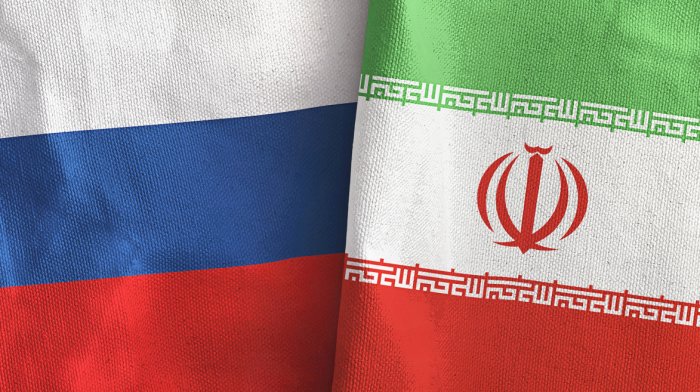



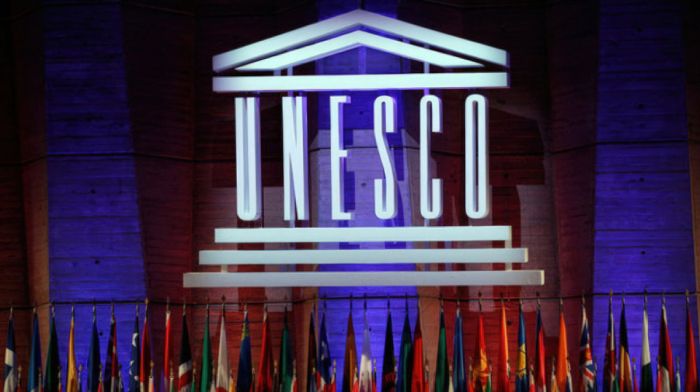



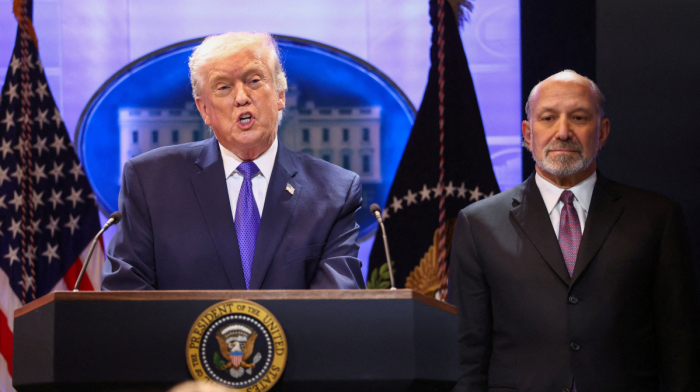
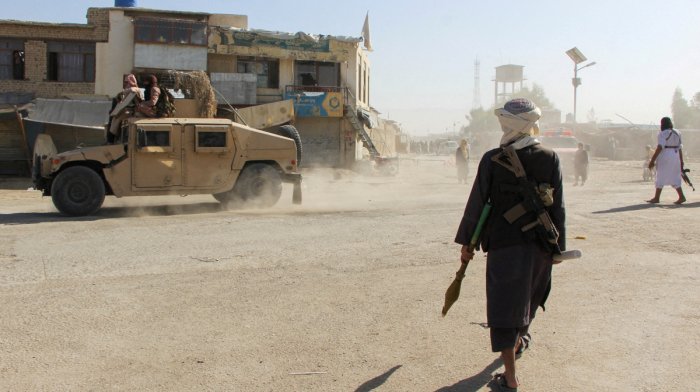
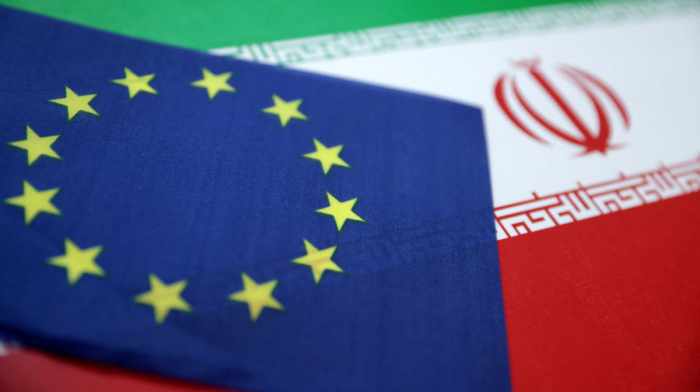



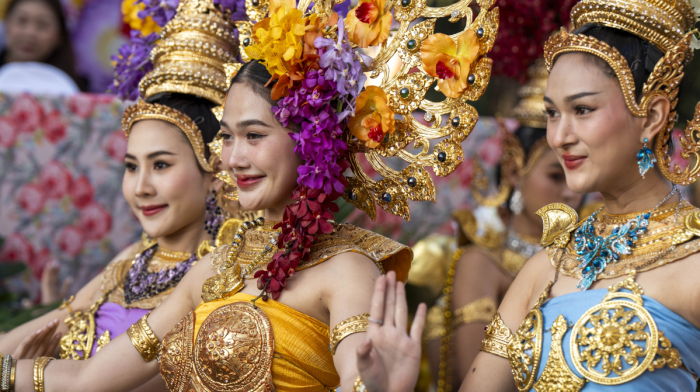



What is your opinion on this topic?
Leave the first comment